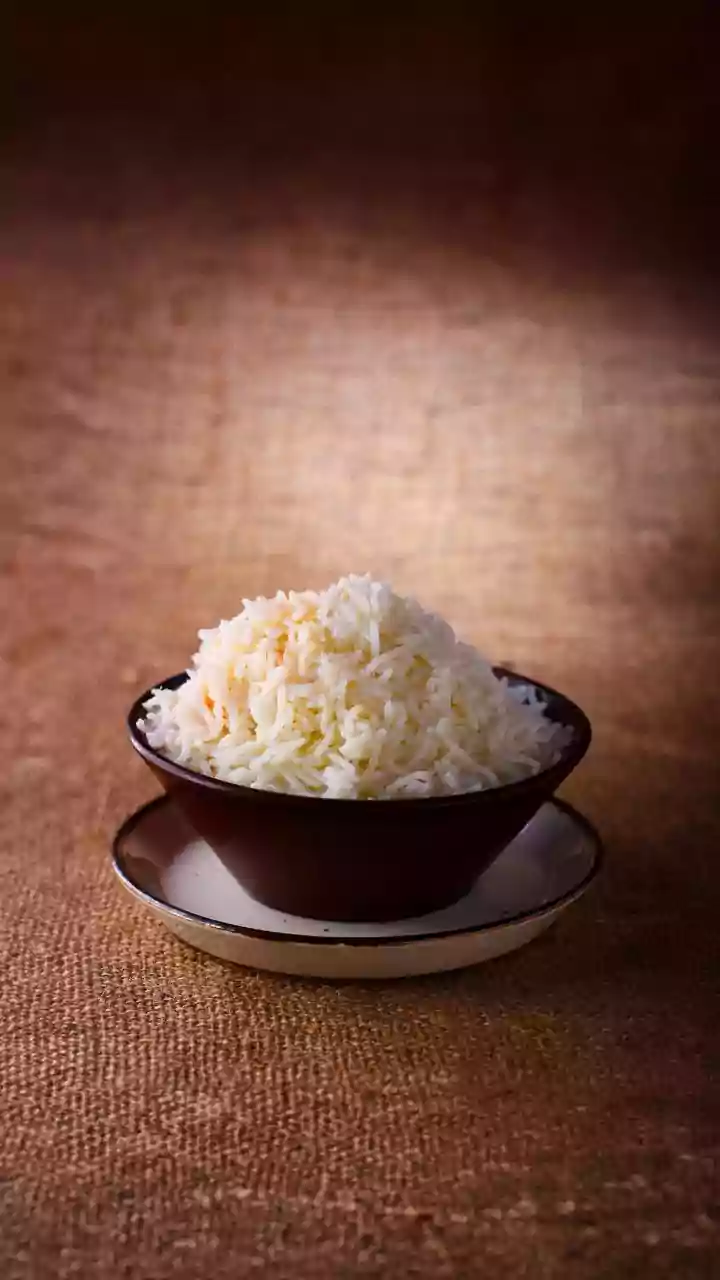Introduction to Cholesterol
Cholesterol, a type of fat found in the blood, is crucial for various bodily functions, but high levels can pose significant health risks. Elevated cholesterol
can lead to the buildup of plaque in arteries, increasing the risk of heart disease and stroke. While lifestyle changes like diet and exercise are important, Ayurvedic medicine offers natural solutions. These herbal remedies are traditionally used to promote heart health and balance cholesterol levels. The following sections will explore specific leaves and their benefits.
Neem's Cholesterol-Lowering Power
Neem, a staple in Ayurvedic medicine, is celebrated for its detoxifying and cholesterol-reducing qualities. Studies suggest that neem can help lower LDL (bad) cholesterol levels while raising HDL (good) cholesterol. The leaves can be consumed in various forms, such as fresh leaves, powders, or extracts. Consuming neem can aid in purifying the blood, promoting a healthy cardiovascular system, and assisting in the removal of harmful toxins. Regular consumption of neem, as part of a balanced diet, can contribute significantly to maintaining healthy cholesterol levels and boosting overall wellness. Adding neem leaves to your diet could be a beneficial strategy for heart health.
Tulsi's Heart-Healthy Benefits
Tulsi, or holy basil, is revered in Ayurvedic medicine for its numerous health benefits, including supporting heart health. Rich in antioxidants, Tulsi can protect against free radical damage, a primary cause of arterial damage. These antioxidants help to prevent the oxidation of LDL cholesterol, inhibiting plaque formation in arteries. Tulsi's anti-inflammatory properties are also beneficial, reducing the inflammation linked to increased cholesterol levels. Consuming Tulsi regularly, either in tea or by adding leaves to meals, is an accessible way to boost cardiovascular health. It is a vital leaf that promotes overall well-being.
Bael Leaves' Cholesterol Control
Bael leaves, known for their digestive properties, also play a significant role in managing cholesterol levels. These leaves have been found to improve lipid profiles and support heart health. Bael leaves aid in the digestion process, which is critical for the absorption of nutrients and the elimination of toxins. Bael leaves may also help to lower LDL cholesterol and triglycerides, two key factors in heart health. Drinking bael leaf juice or consuming the leaves in powdered form may promote a healthier cardiovascular system. In addition to diet, including bael leaves as a regular part of your health regimen can be very helpful.
Curry Leaves: The Flavorful Remedy
Curry leaves, commonly used for flavoring Indian cuisine, also possess cholesterol-lowering properties. They are packed with antioxidants that help prevent LDL cholesterol oxidation, supporting healthy arteries. Furthermore, curry leaves can improve fat metabolism, which is essential for managing cholesterol levels. Curry leaves have been proven to help reduce overall cholesterol and triglyceride levels. Curry leaves have been found to have a positive impact on the overall cardiovascular system, which is a bonus! Adding curry leaves to your daily meals is an easy way to make your meals delicious and healthy. Incorporating curry leaves into your diet is an enjoyable way to support your heart.
Arjuna's Cardiac Support
Arjuna leaves have long been used in Ayurveda for heart health support. These leaves help strengthen the heart muscles and maintain healthy cholesterol levels. The extract from Arjuna has been found to lower LDL cholesterol and triglycerides, reducing the risk of heart disease. Arjuna's ability to strengthen the heart is linked to its antioxidant properties, which shield the heart from oxidative stress. By supporting heart health and balancing cholesterol, Arjuna leaves can significantly improve cardiovascular wellness. Arjuna leaves are easily accessible in a variety of preparations, including supplements and tea. With its proven benefits, adding Arjuna to your wellness plan is a step towards overall heart health.


















